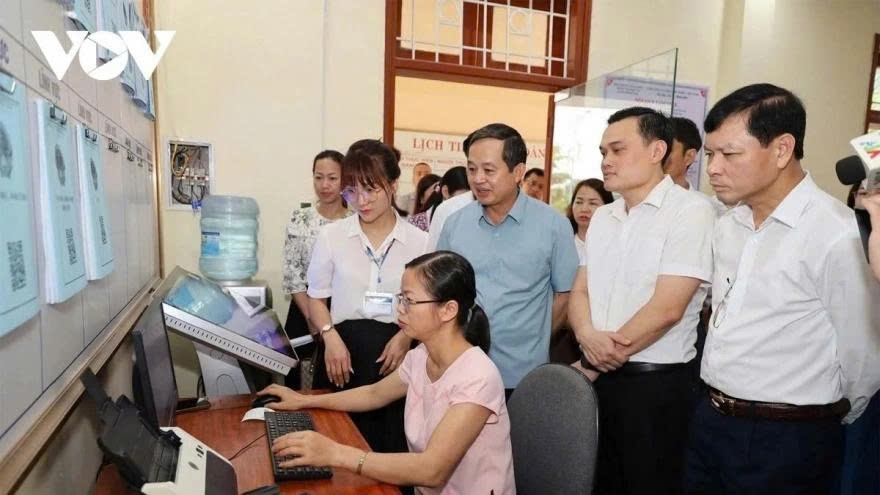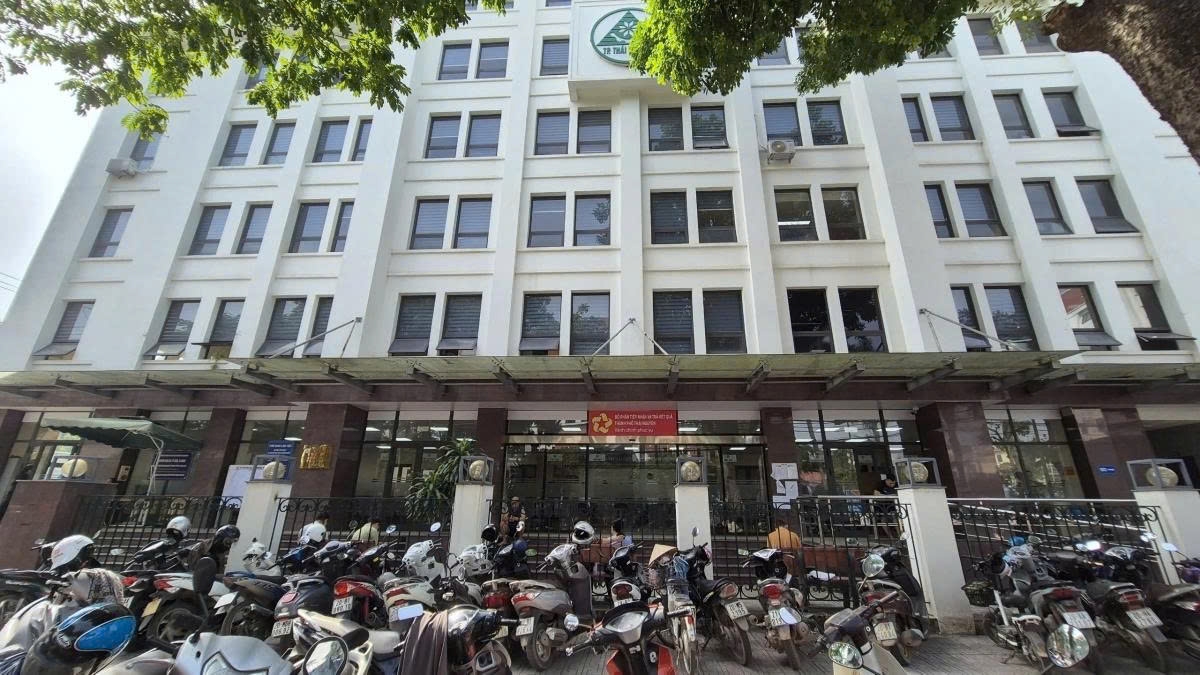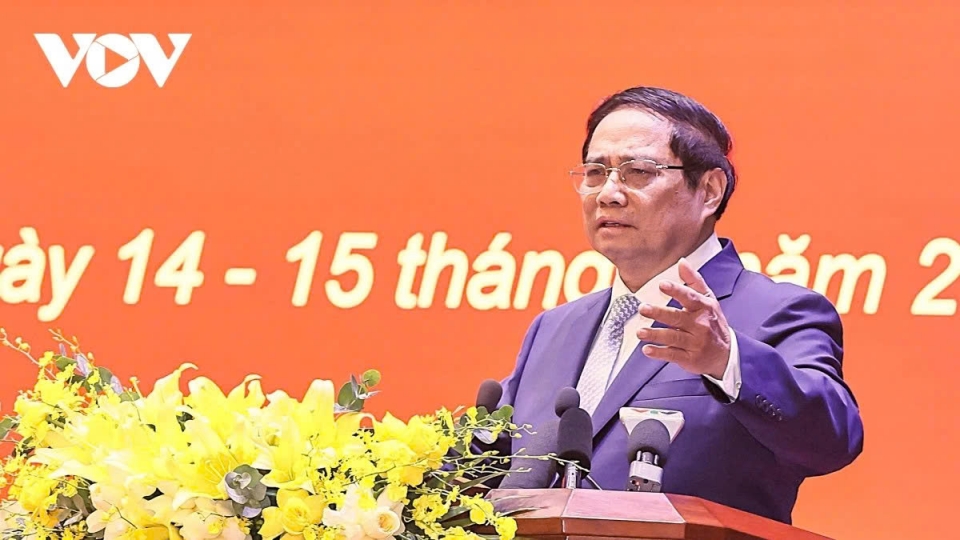Vietnam ready to launch two-tier local government model from July 1
VOV.VN - Starting from July 1, 2025, the two-tier local government model comprising the provincial and communal administrative levels and eliminating the intermediate district level will be officially implemented nationwide, marking a significant milestone in Vietnam’s administrative reform and decentralisation of state management.

The National Assembly recently approved a resolution on amendments to the 2013 Constitution and passed the Law on Organisation of Local Government with high consensus, officially establishing a unified two-tier system across the country. Subsequently, the Government and the Ministry of Home Affairs issued detailed guidelines clarifying the functions, responsibilities, and organisational structure of each level.
The rollout of the two-tier government model aims to streamline the organisational structure and improve administrative efficiency at the grassroots level. The model is closely tied to three strategic objectives of rationalising administrative units, modernising the public administration system, and promoting digital transformation. These aspects must be implemented in sync to build a streamlined, transparent, and effective government that better serves the people.
Provinces like Thai Nguyen, Nghe An, Quang Tri, Quang Ninh, and Thanh Hoa began trial operations in June, simulating complete meetings of Party Committees, People's Councils, People’s Committees, and administrative centres to review procedures and ensure a smooth transition.
In Thai Nguyen’s newly formed Phan Dinh Phung ward merged from seven former wards and now home to nearly 99,000 residents, officials confirmed the local government structure is fully tested and ready for formal operation on July 1. Local Departments of Home Affairs affirm that test runs have ensured uninterrupted service delivery and governance effectiveness.
“The trial operation of the new communal-level administration is a critically important task to ensure the new apparatus operates smoothly, effectively, and efficiently from the outset, with absolutely no disruption to ongoing work,” said Nguyen Quoc Huu, director of the provincial Department of Home Affairs.

In Thanh Hoa, authorities are putting the finishing touches to the operation of the new government system, from personnel reviews and office arrangements to upgrades in information technology infrastructure. The province has completed internet connectivity to 166 commune-level units by June 20, ensuring readiness for the new model. The province has also tested information technology infrastructure in real-world simulations to validate responsiveness and transparency.
By June 30, provinces will have fully reorganised local personnel structures to ensure new governments can operate without delay from July 1. For provinces involved in administrative mergers, restructuring will be completed by August 30, with potential activation by September 1. Personnel selection follows the principle of “right people for the right roles”, with a strong focus on capacity, professionalism, and leadership accountability.
The new model is expected to cut 30% of local administrative procedures, offering faster and more convenient services for citizens and businesses.
According to Nguyen Van Thanh, a resident of Nong Cong district of Thanh Hoa province, what people expect from the new model is that the administration is closer to them, more responsive, and quicker in handling administrative procedures.
“The two-tier administrative system delivers practical benefits by staying close to the people and directly serving their needs. At the grassroots level, citizens are seeing their immediate concerns addressed swiftly and effectively. That’s why the commune-level administration plays such a vital role,” said Thanh.
On June 30, a national ceremony will be held to announce new decisions on administrative mergers, and the appointment of Party Committees, People's Councils, People's Committees, and Fatherland Front leadership for the newly established local governments.
As per Directive 170 from the Party Secretariat, there will be no celebratory events, receptions, or farewell gatherings associated with administrative restructuring to maintain discipline, save resources, and comply with regulations.





